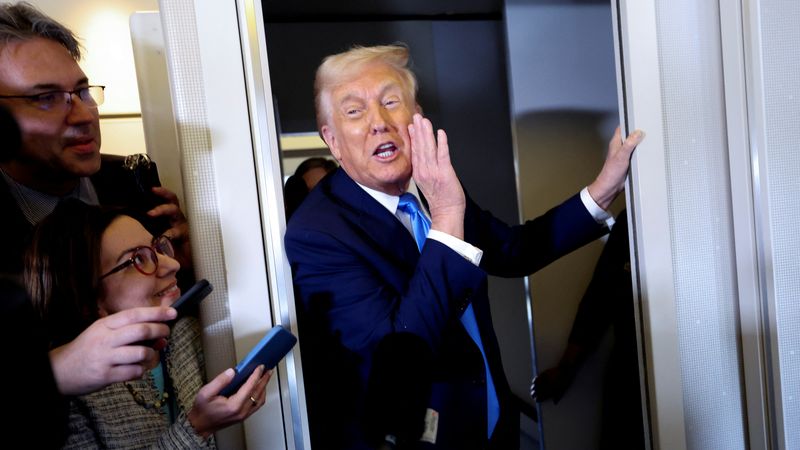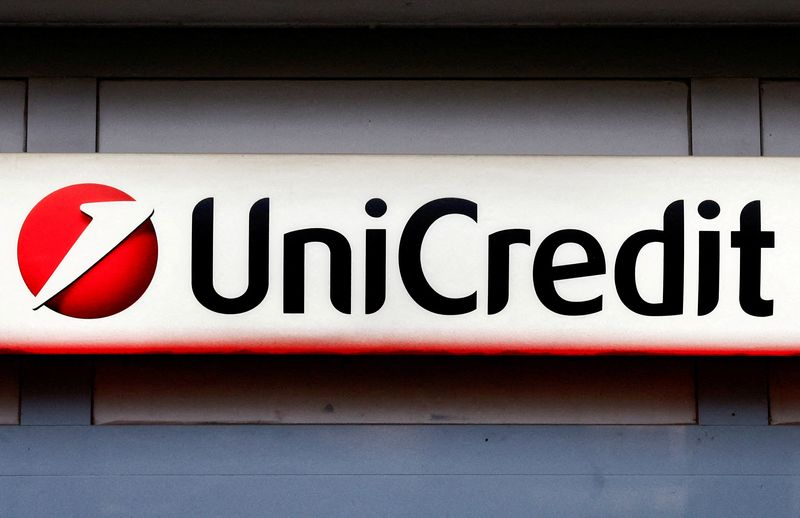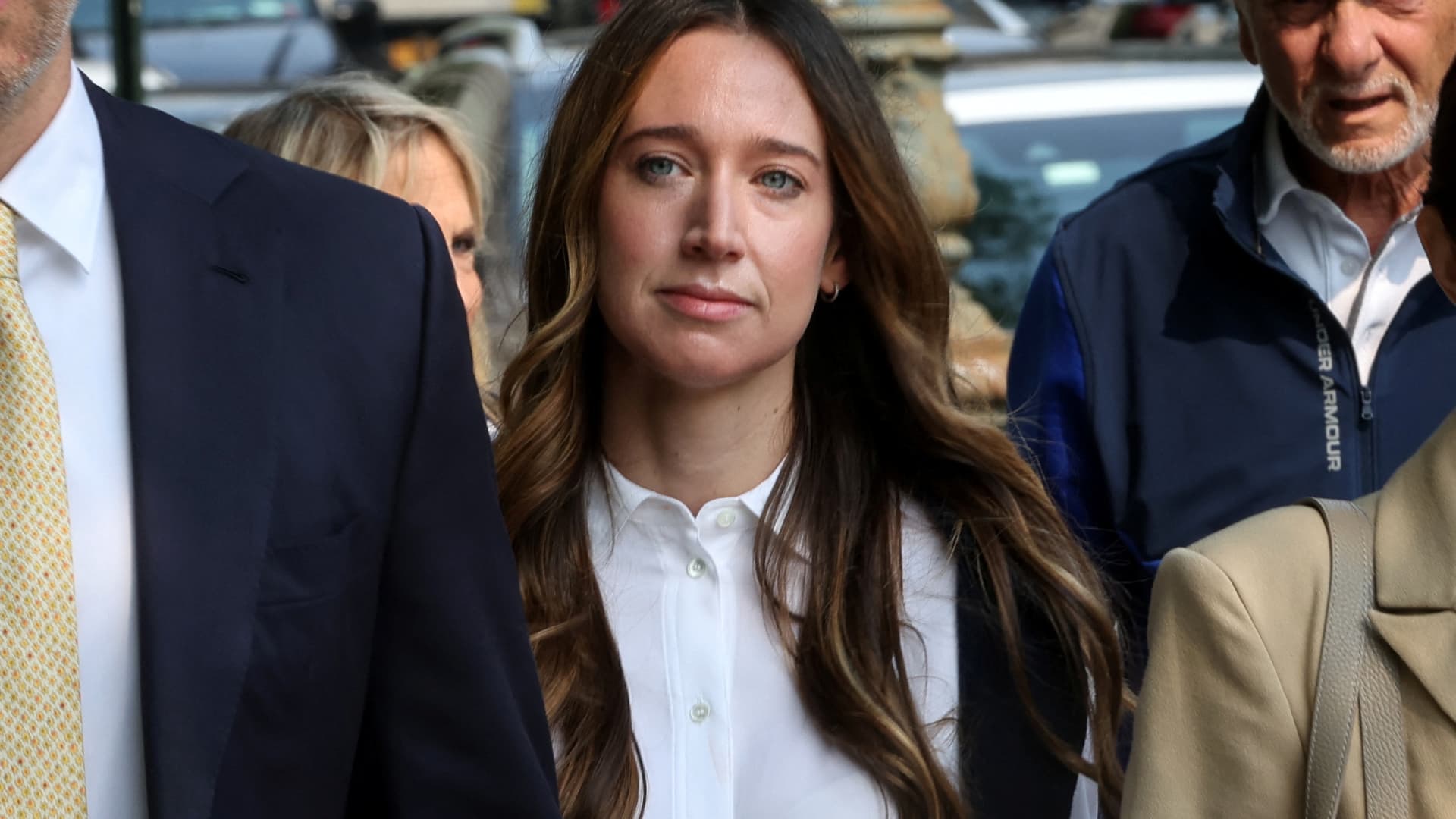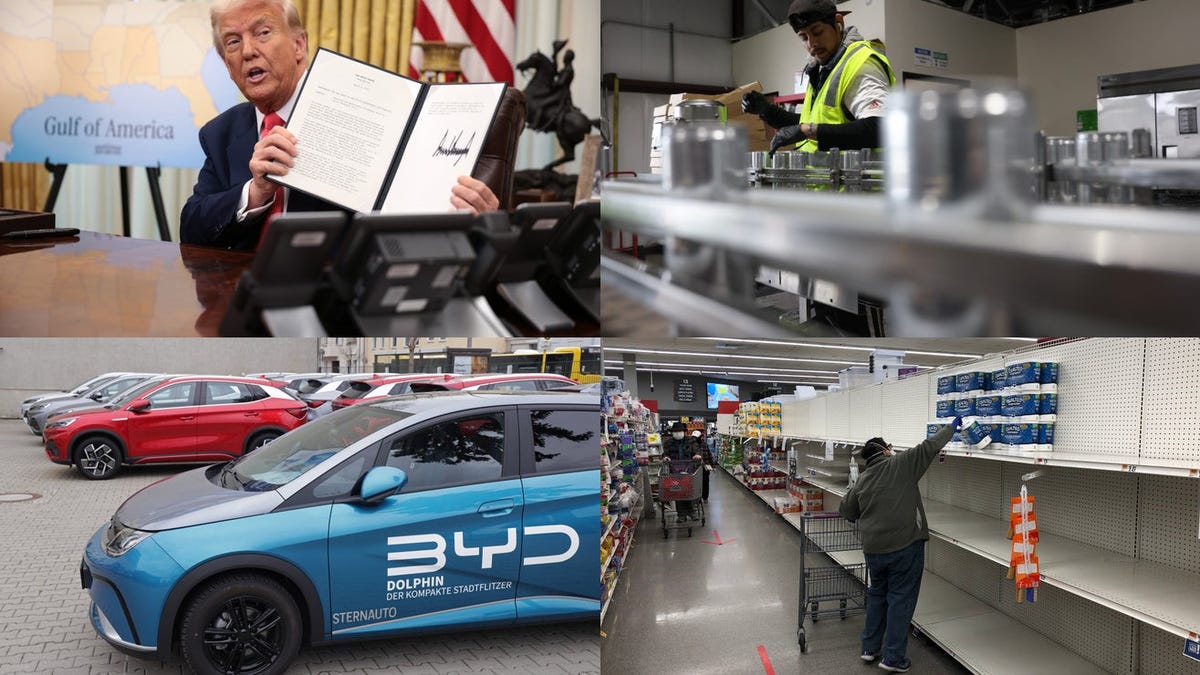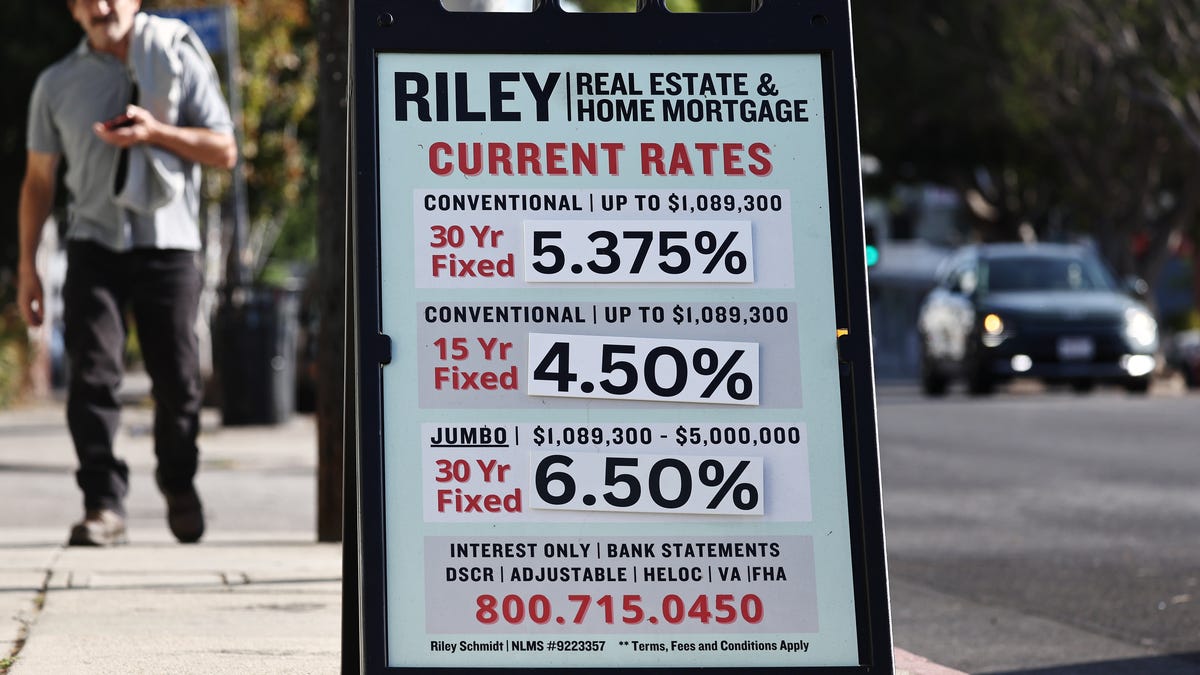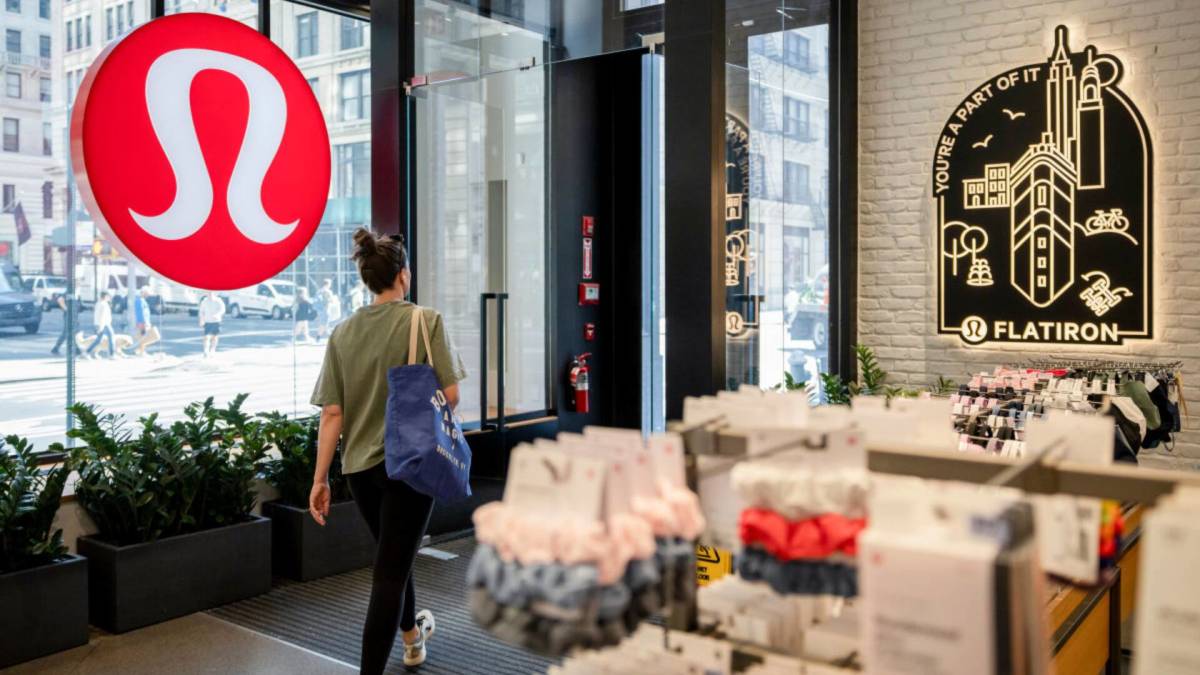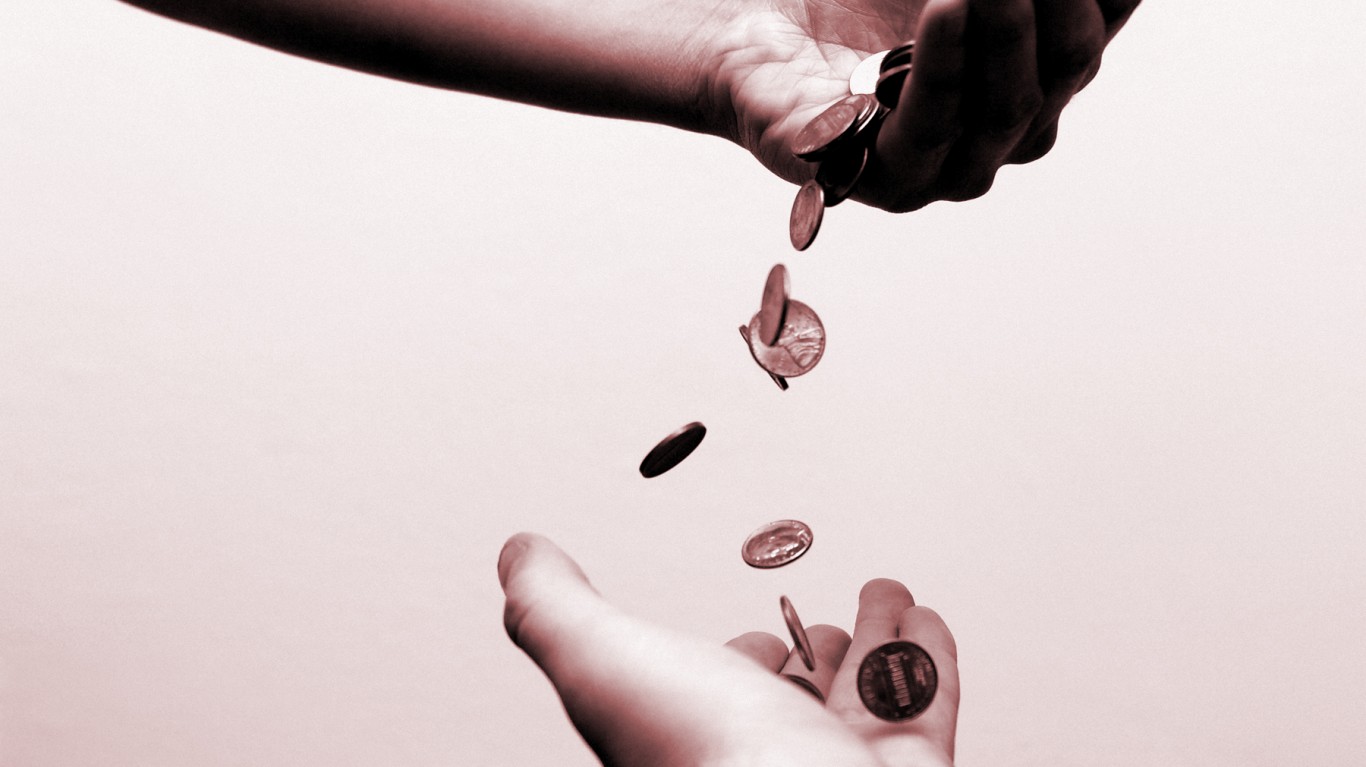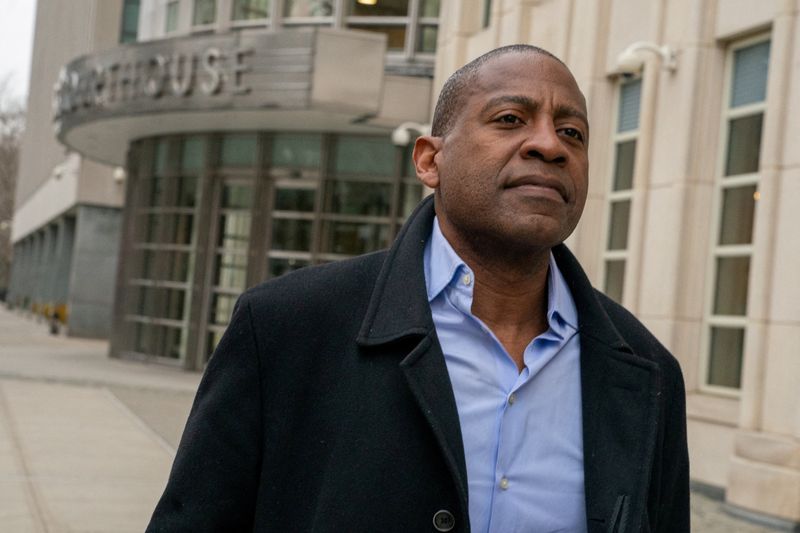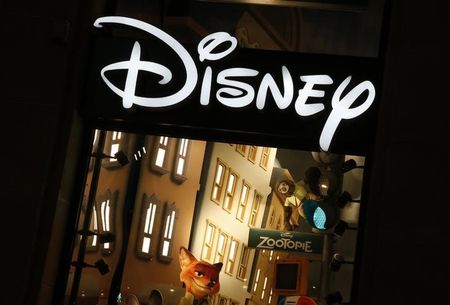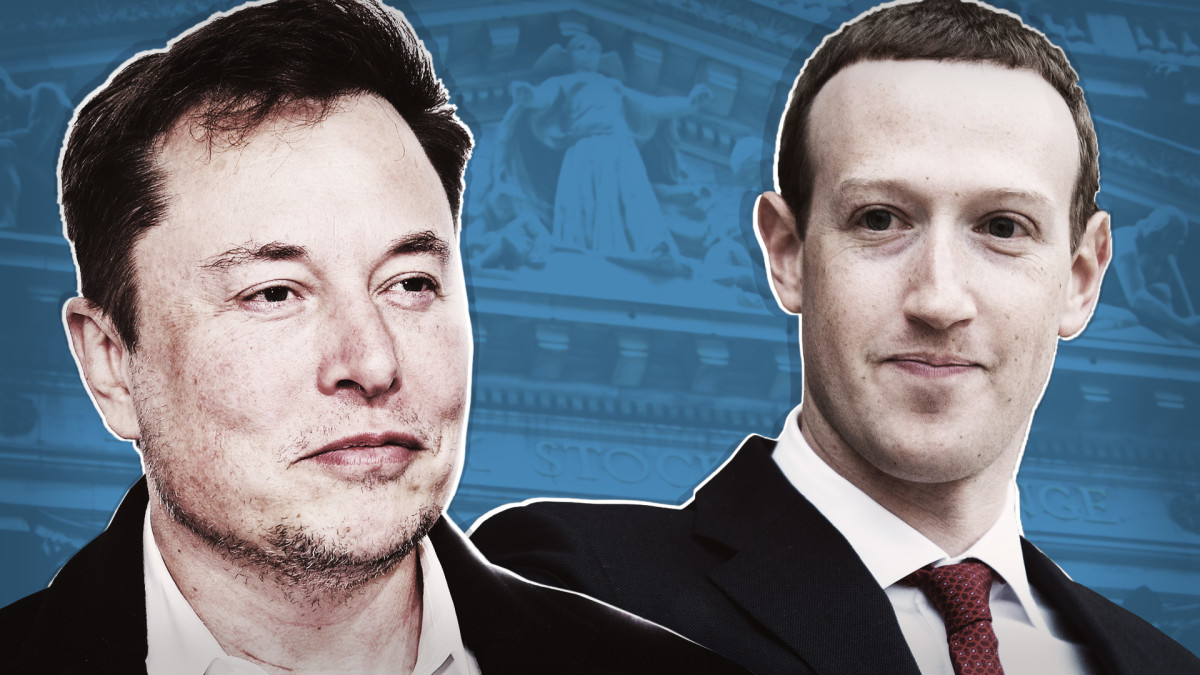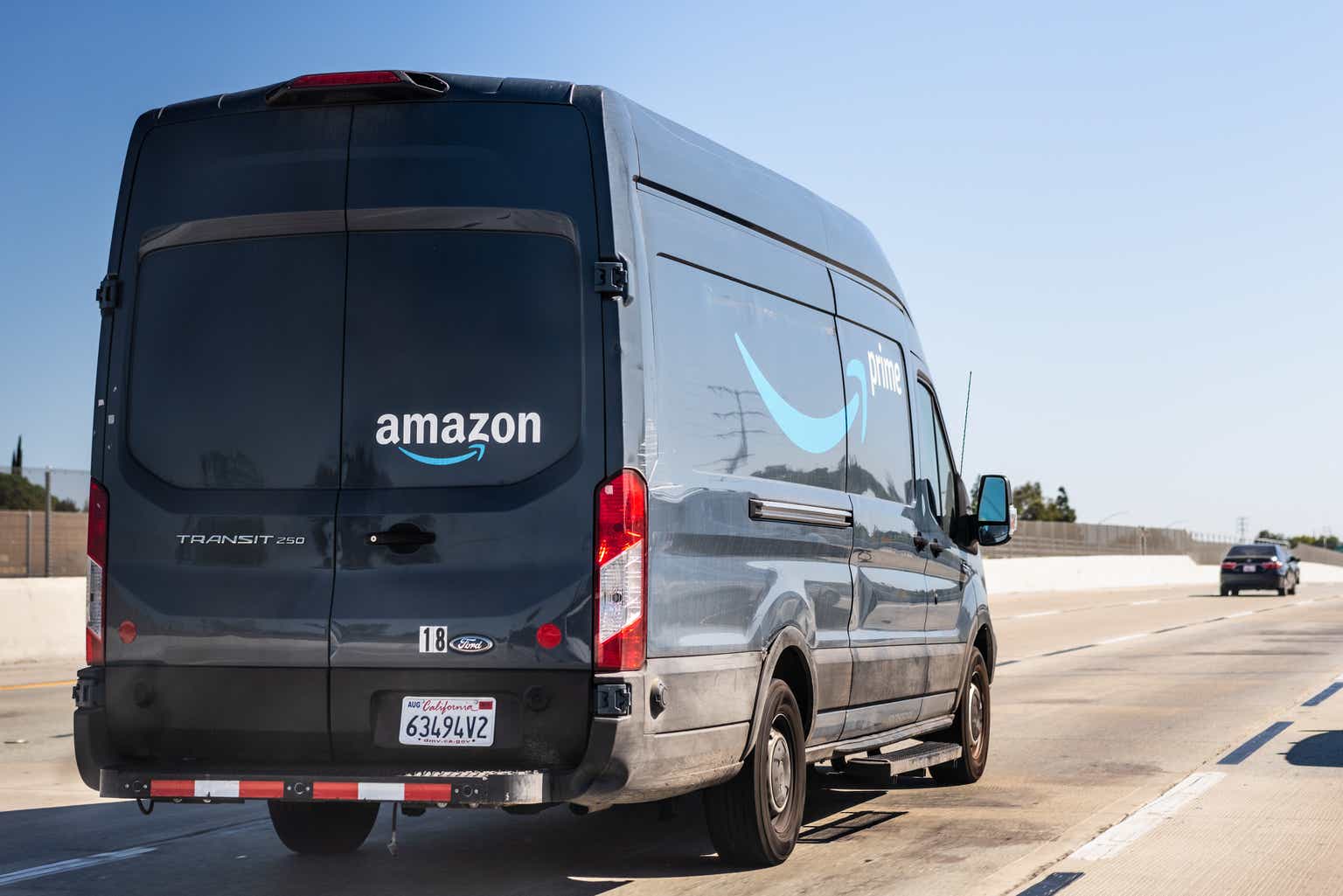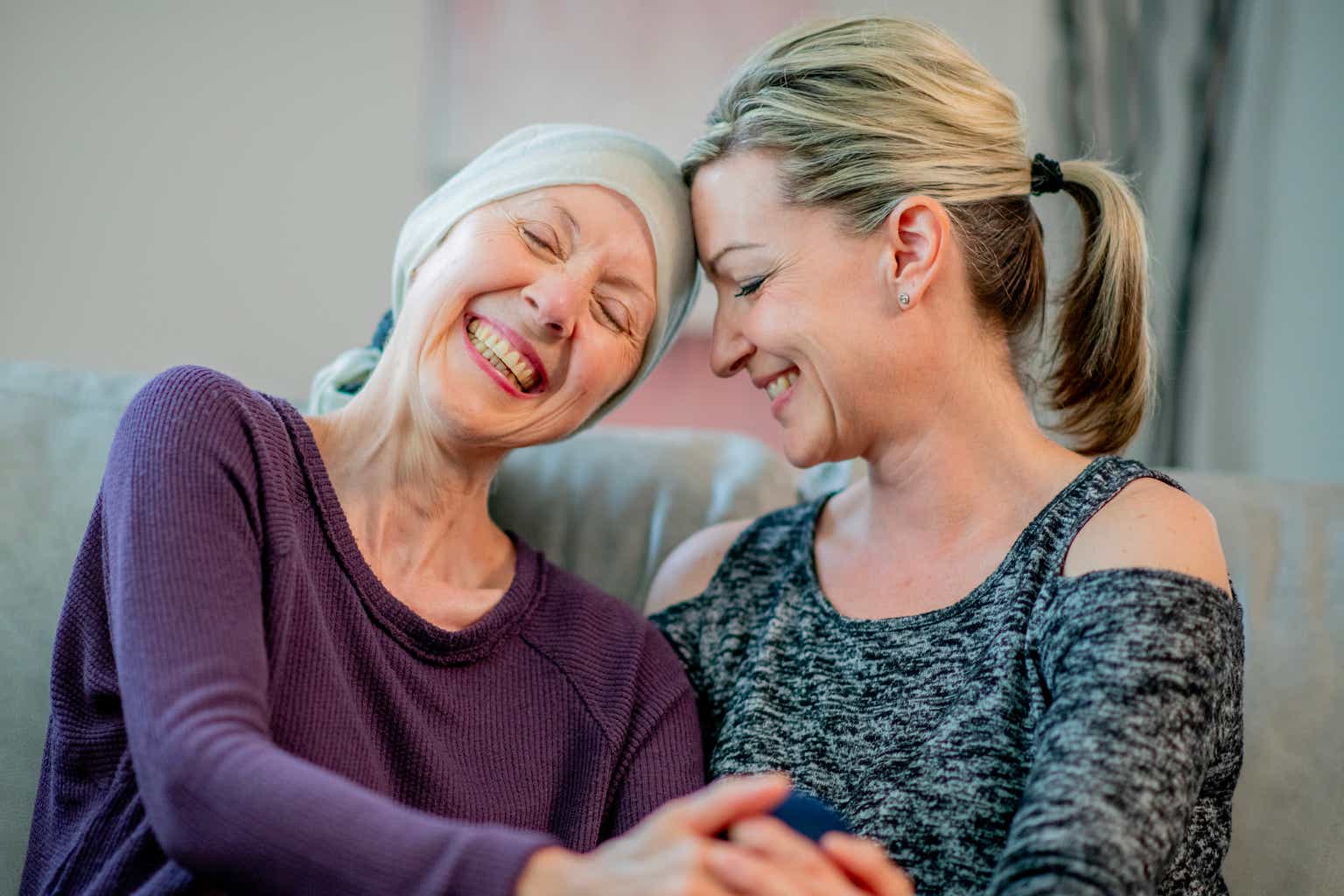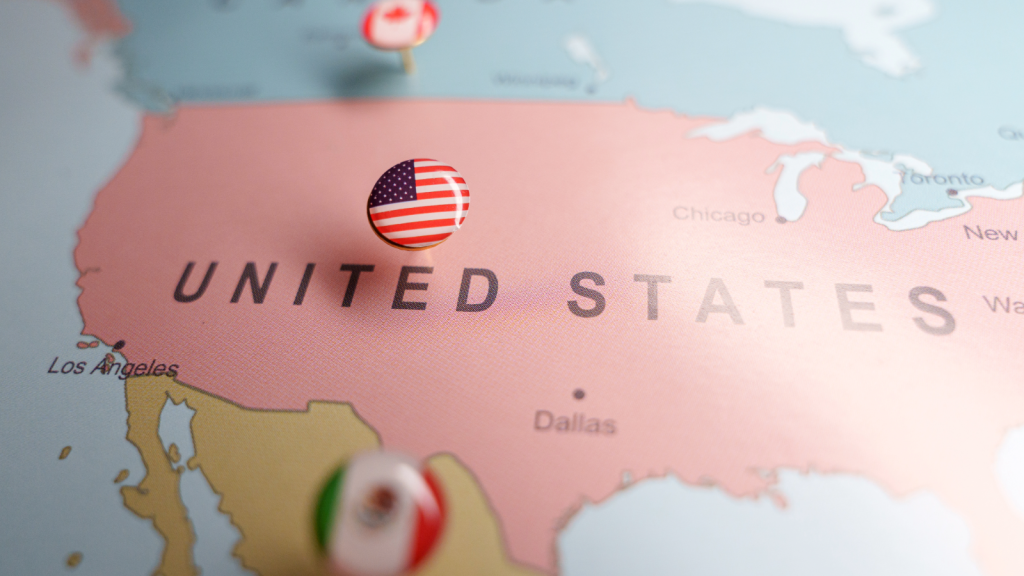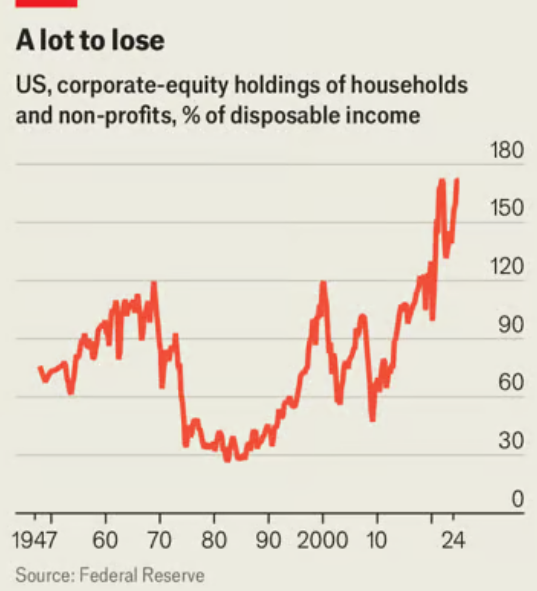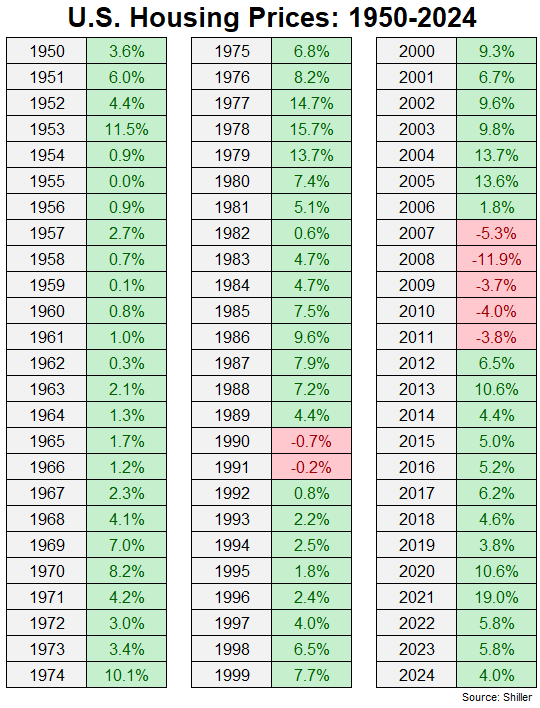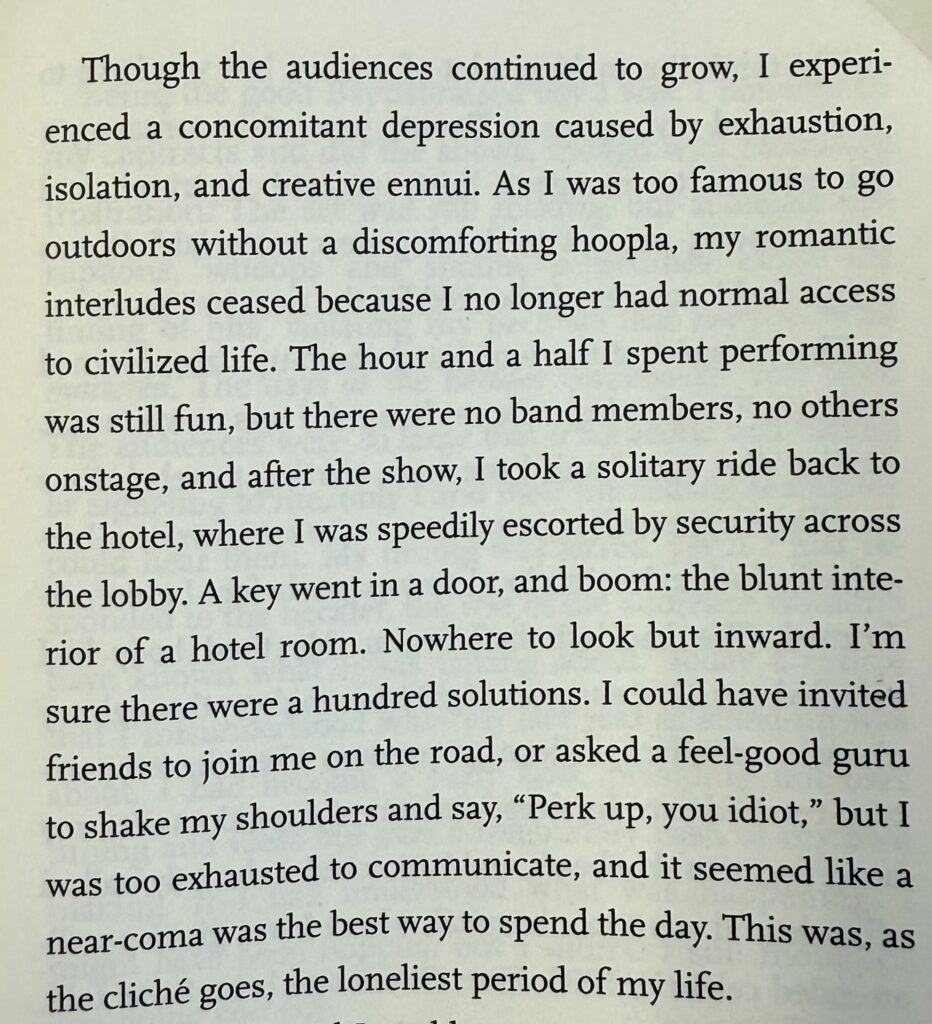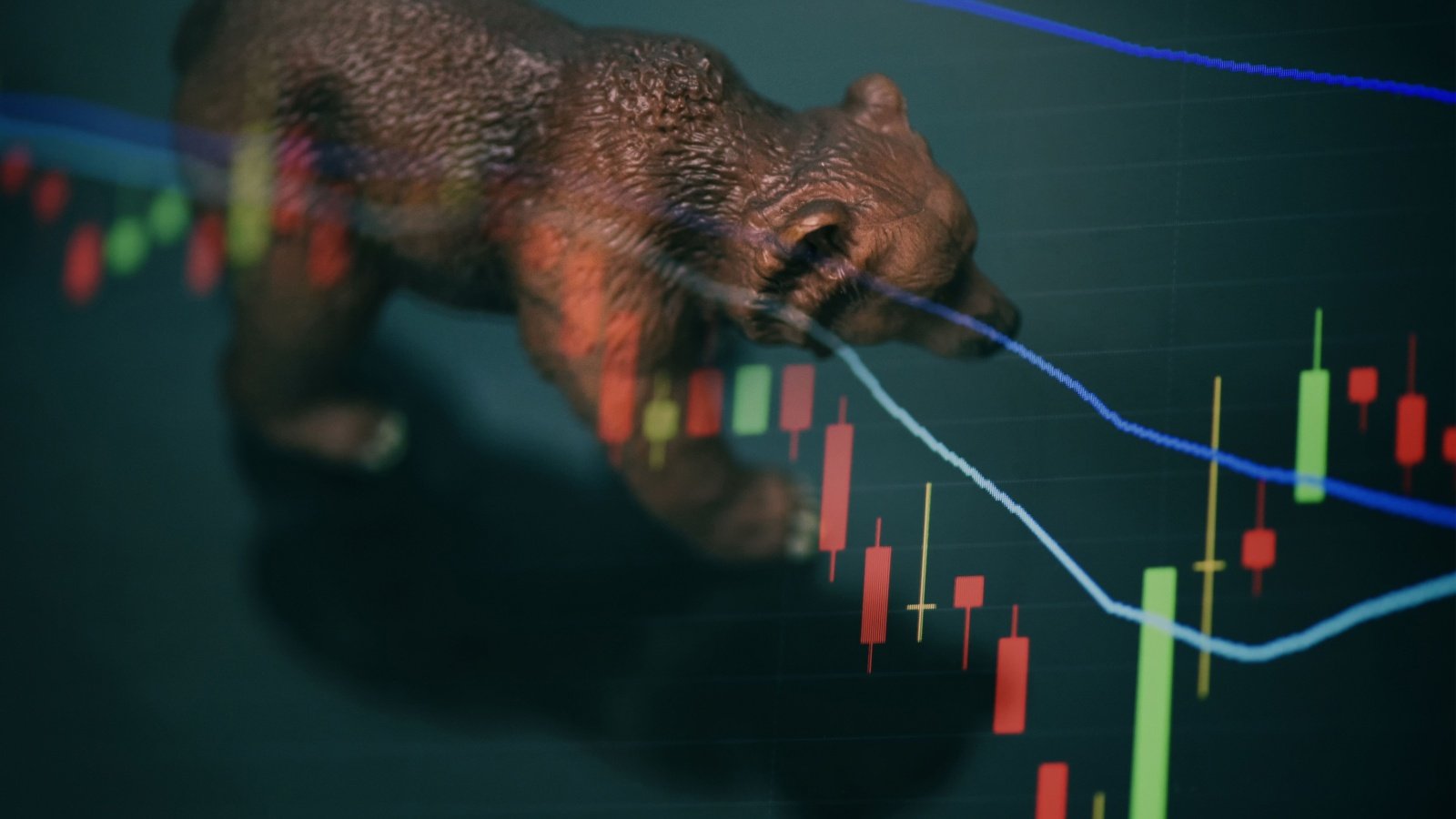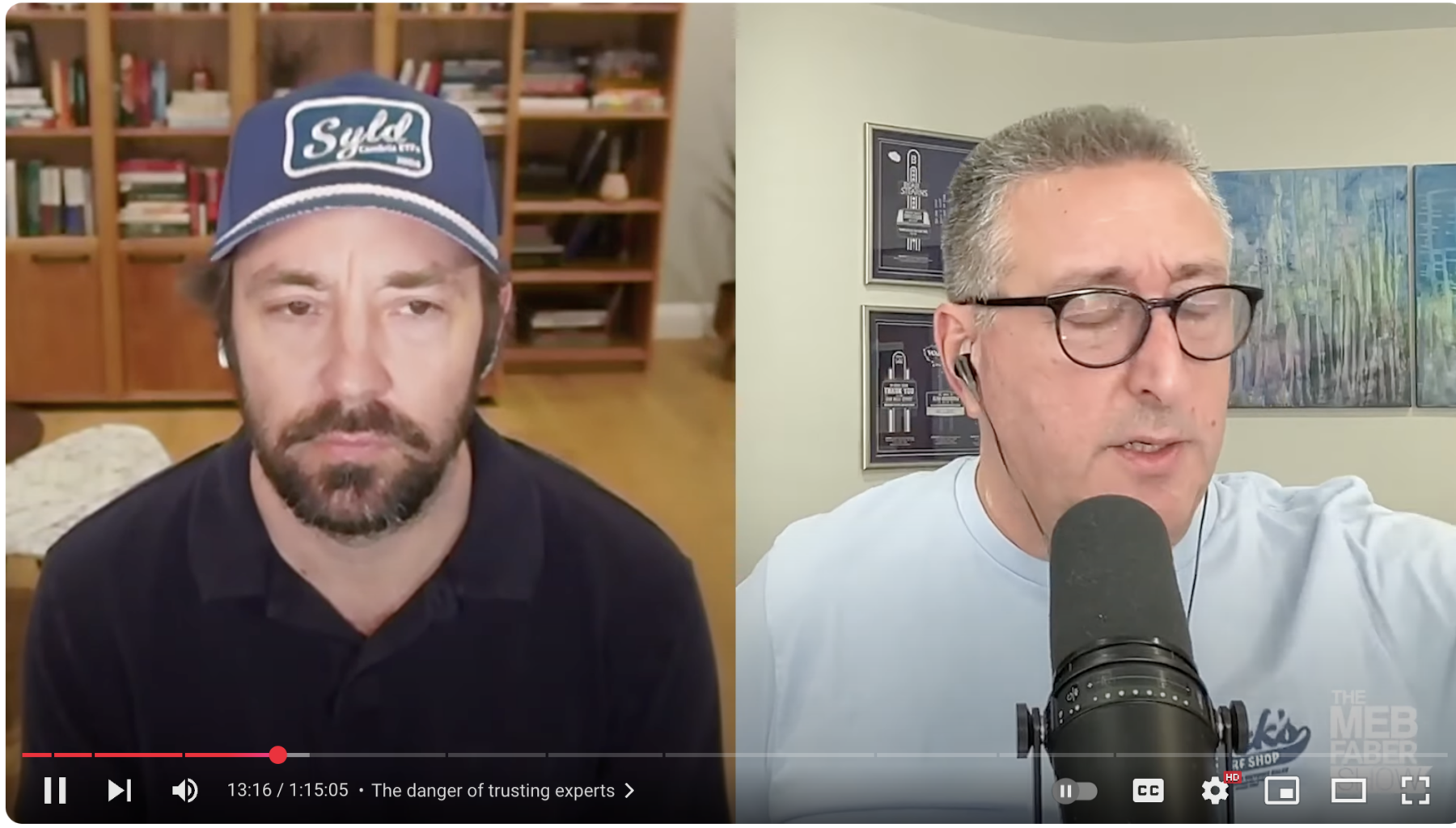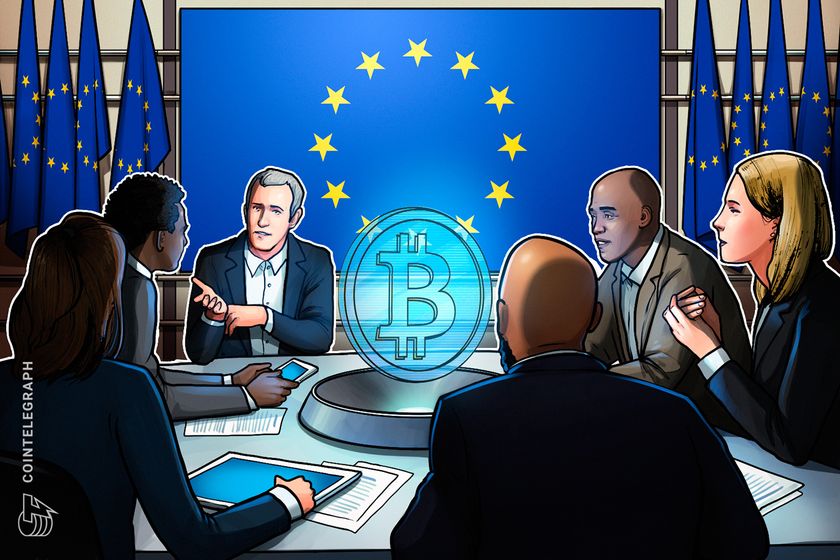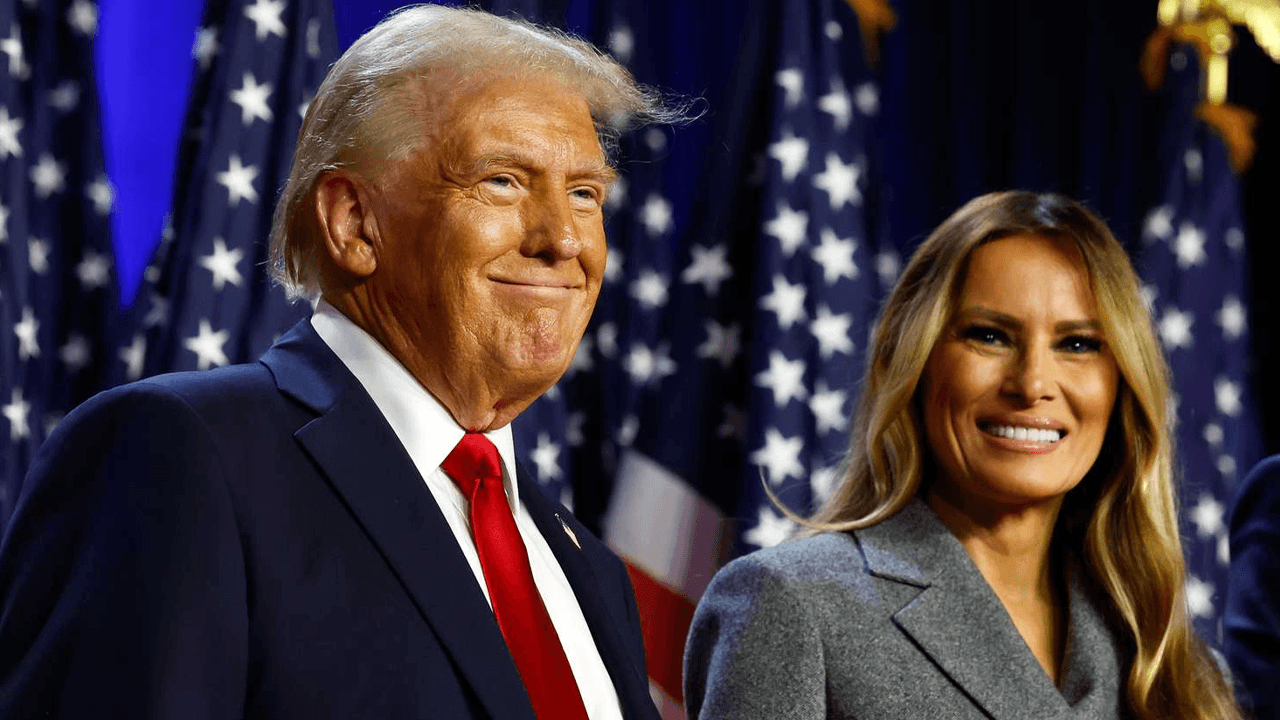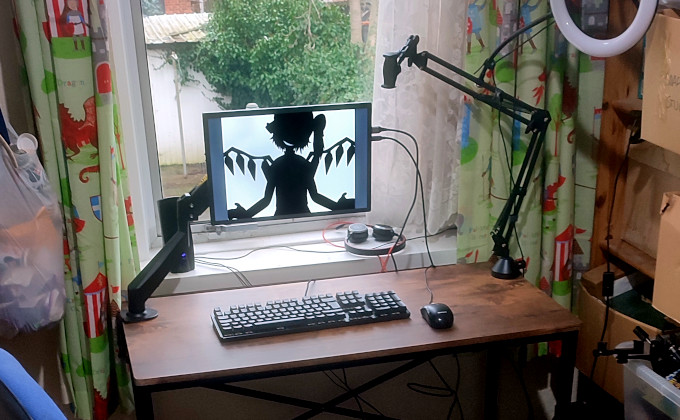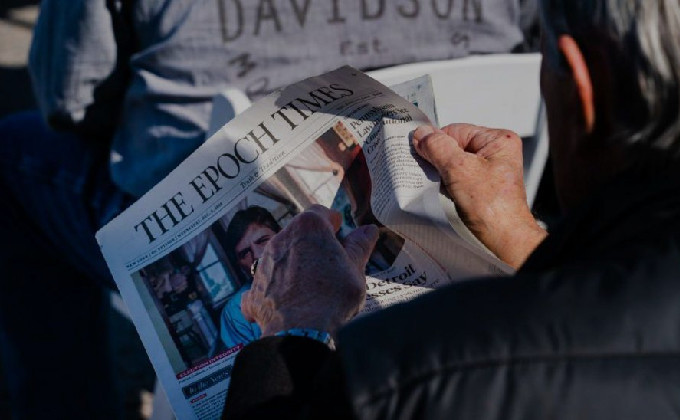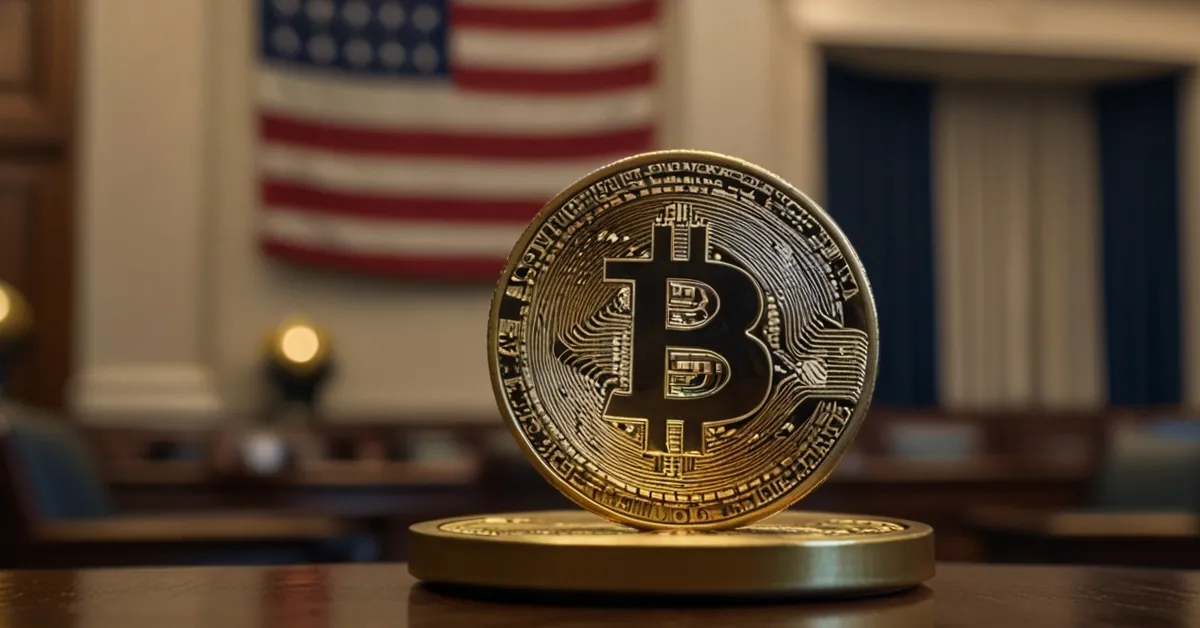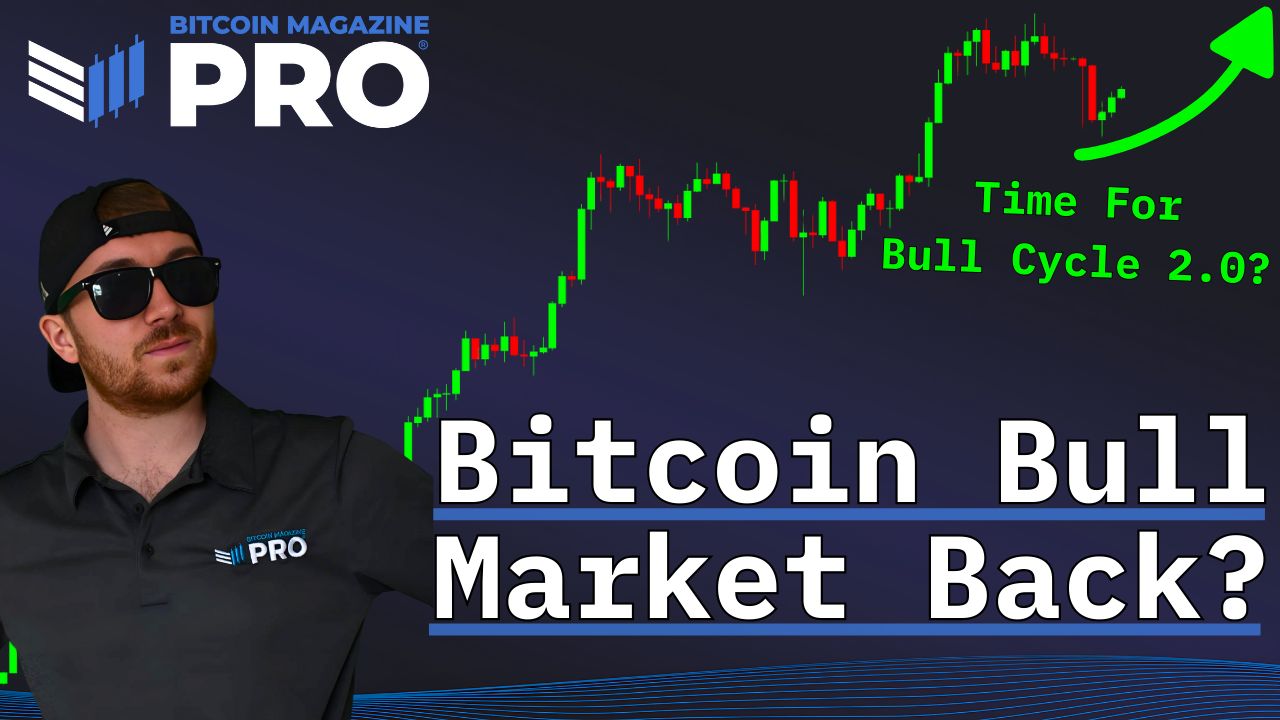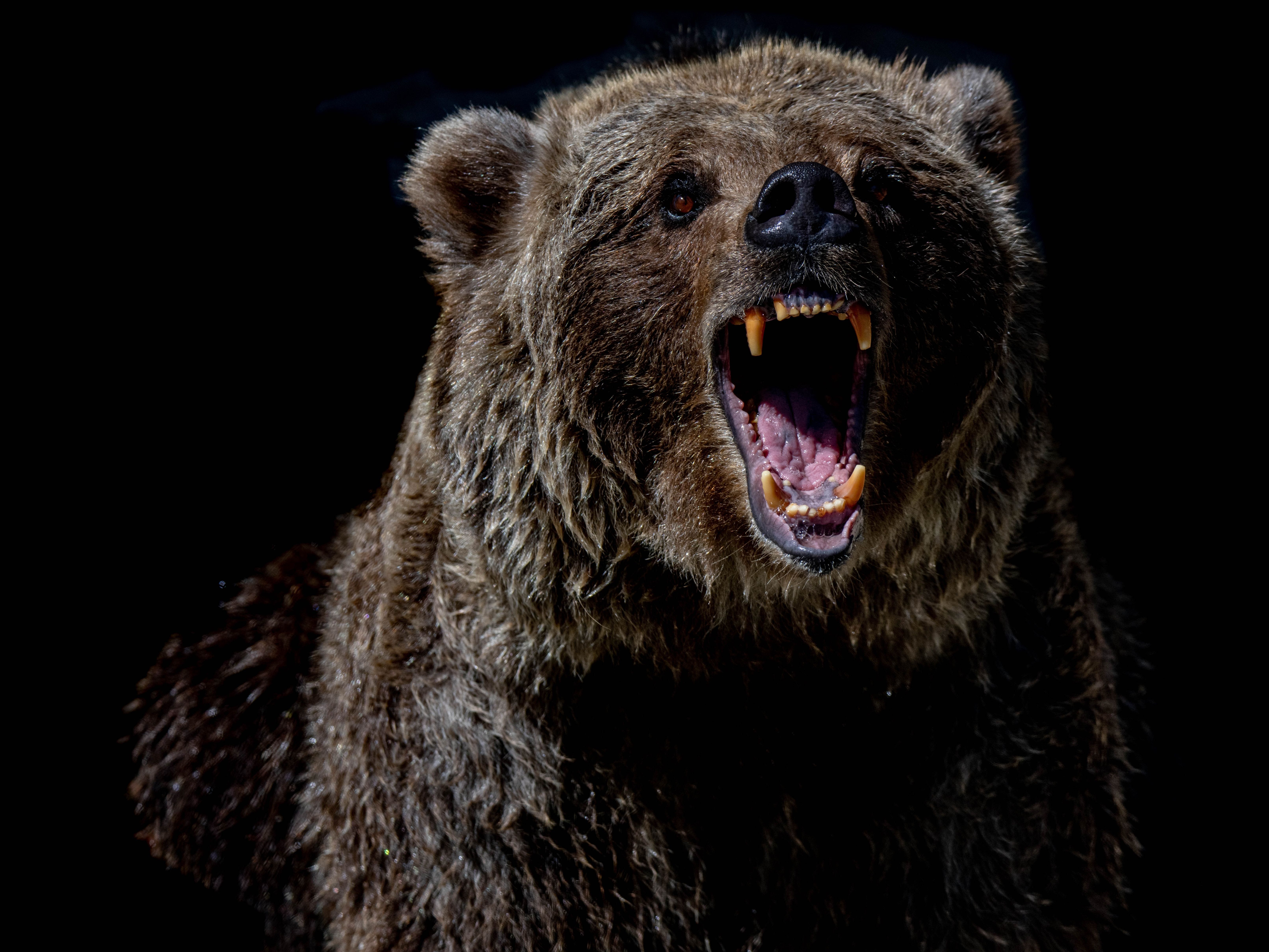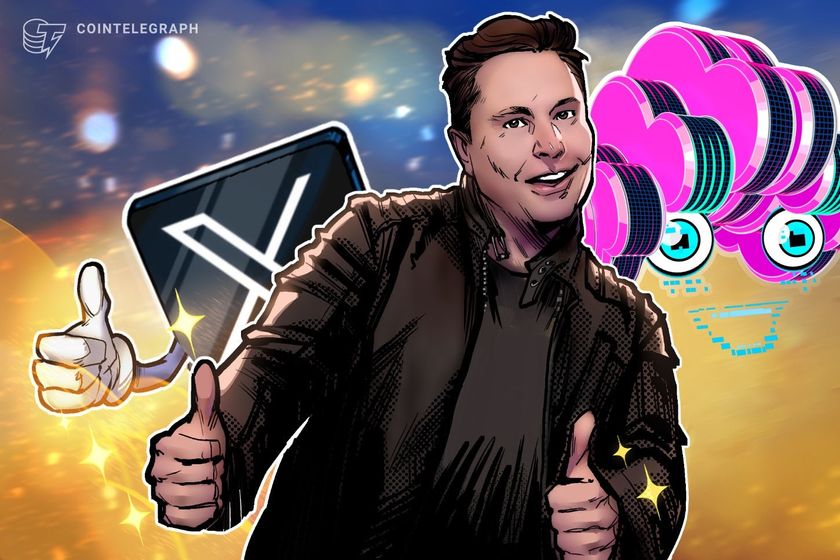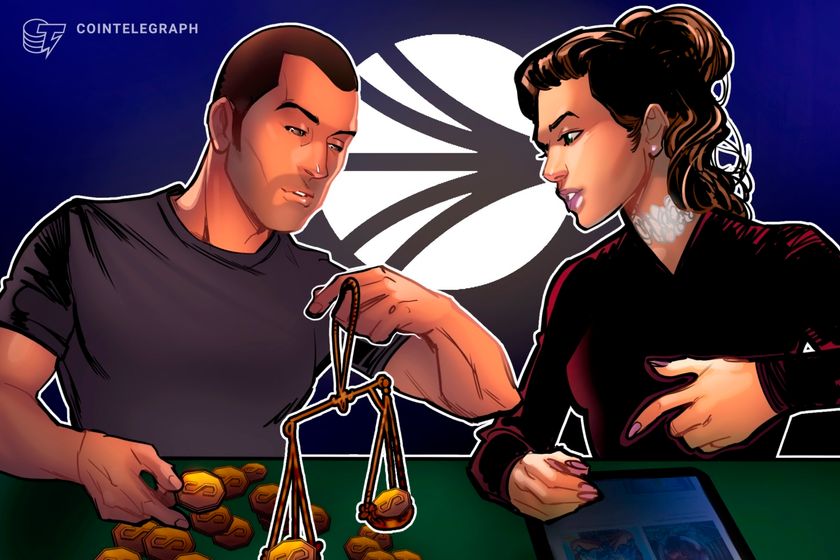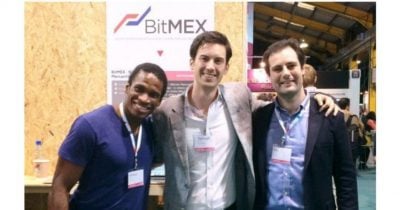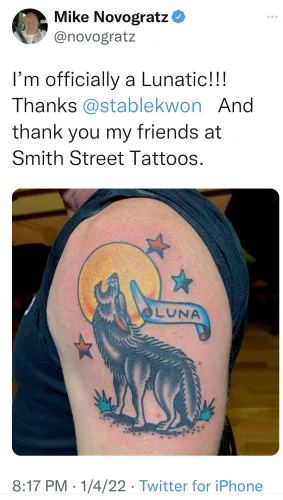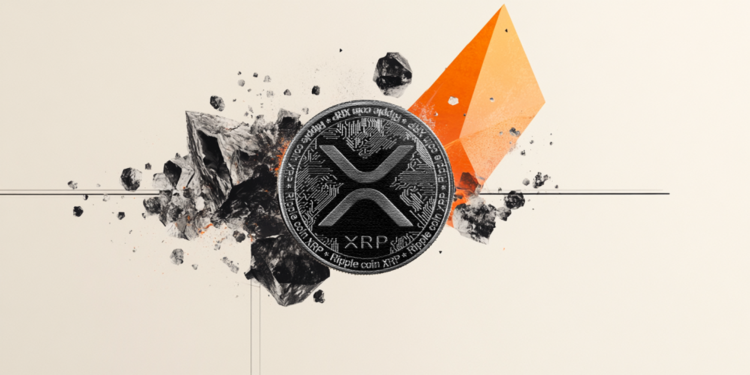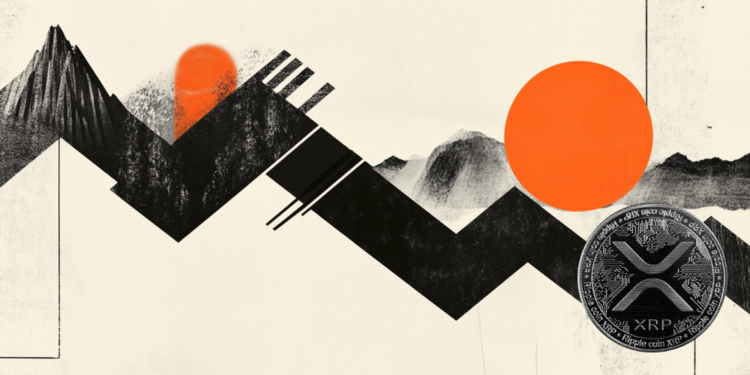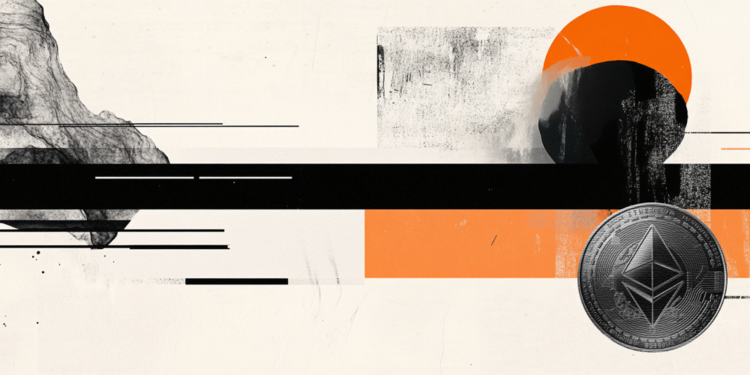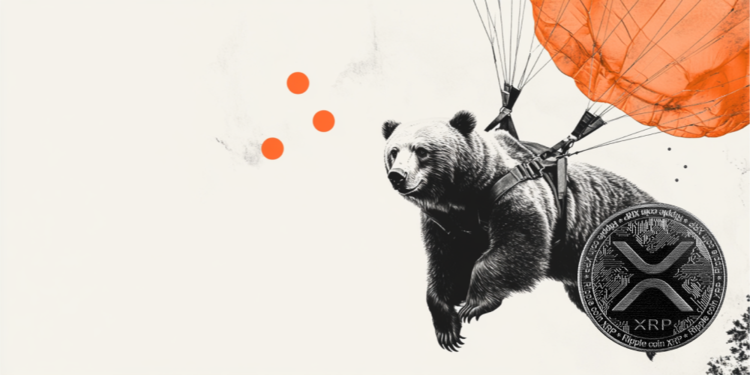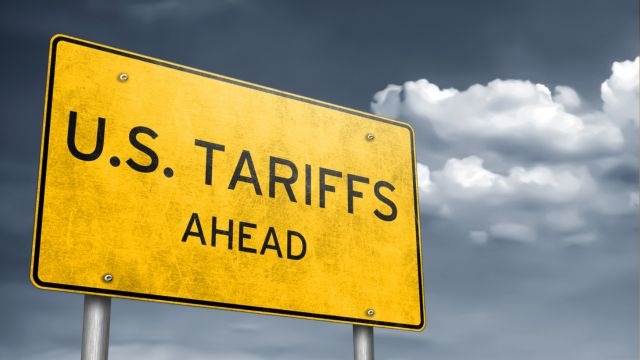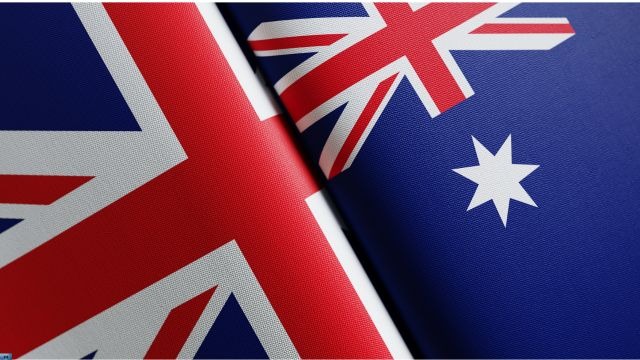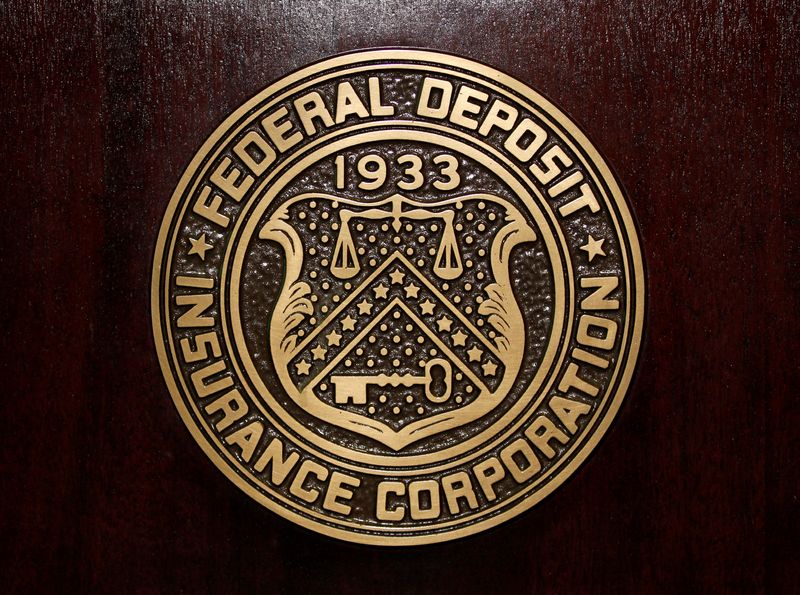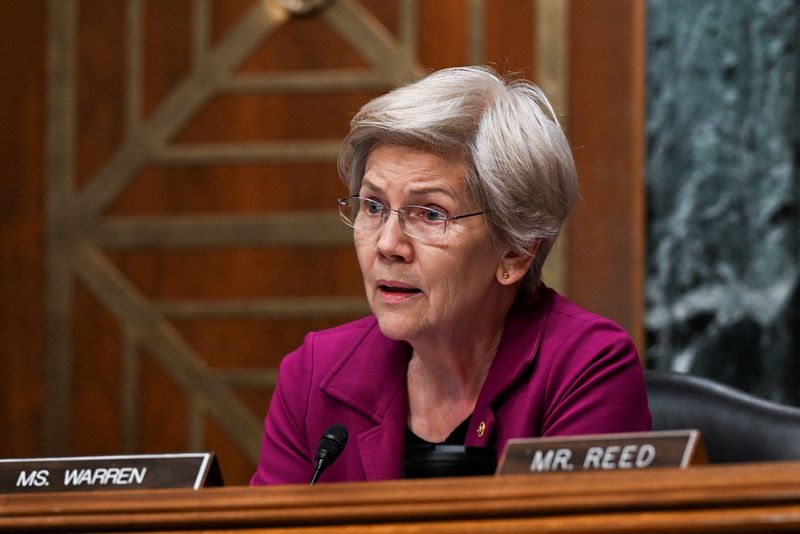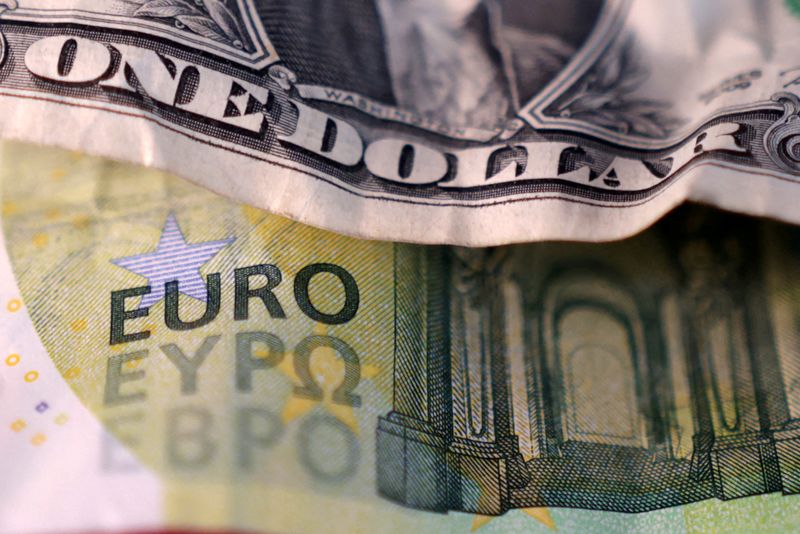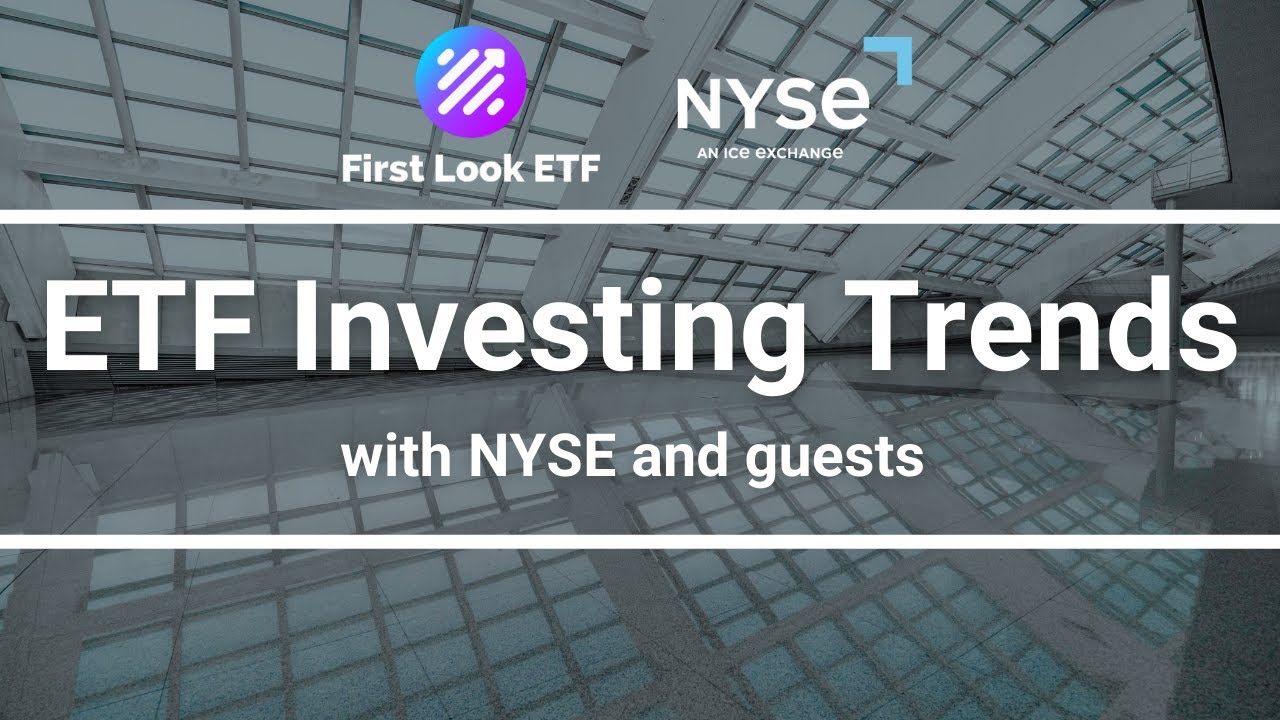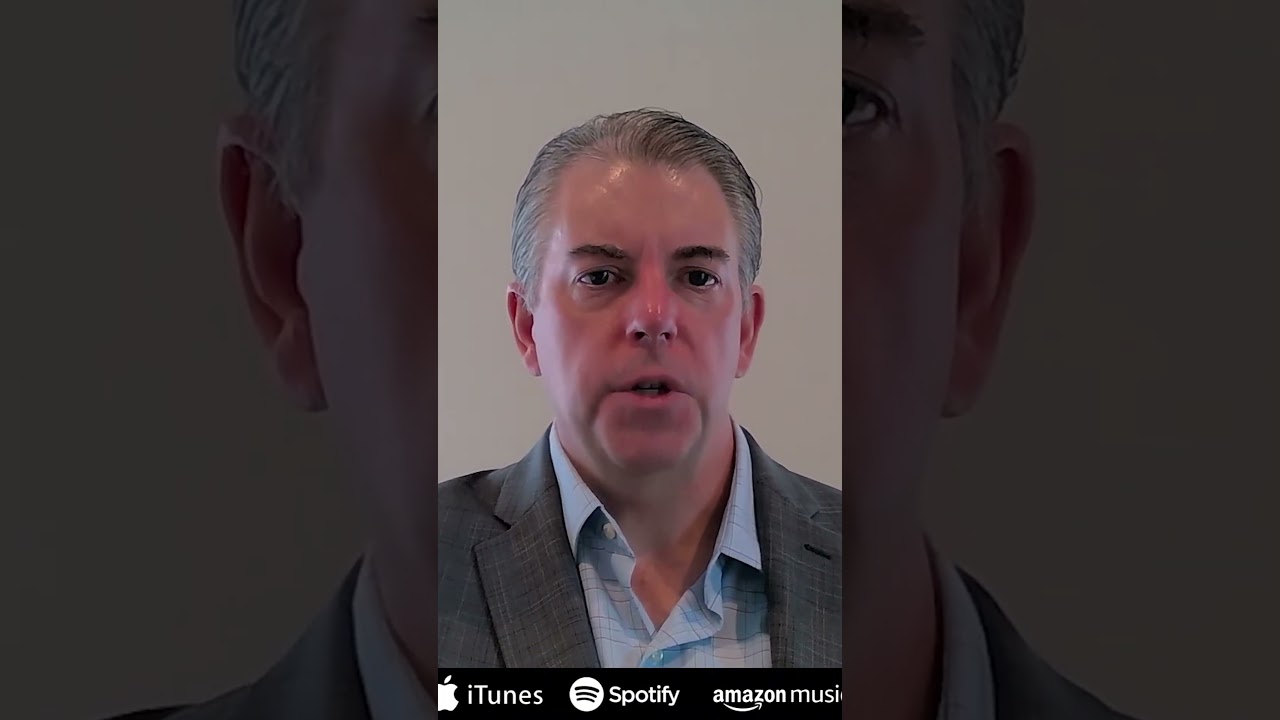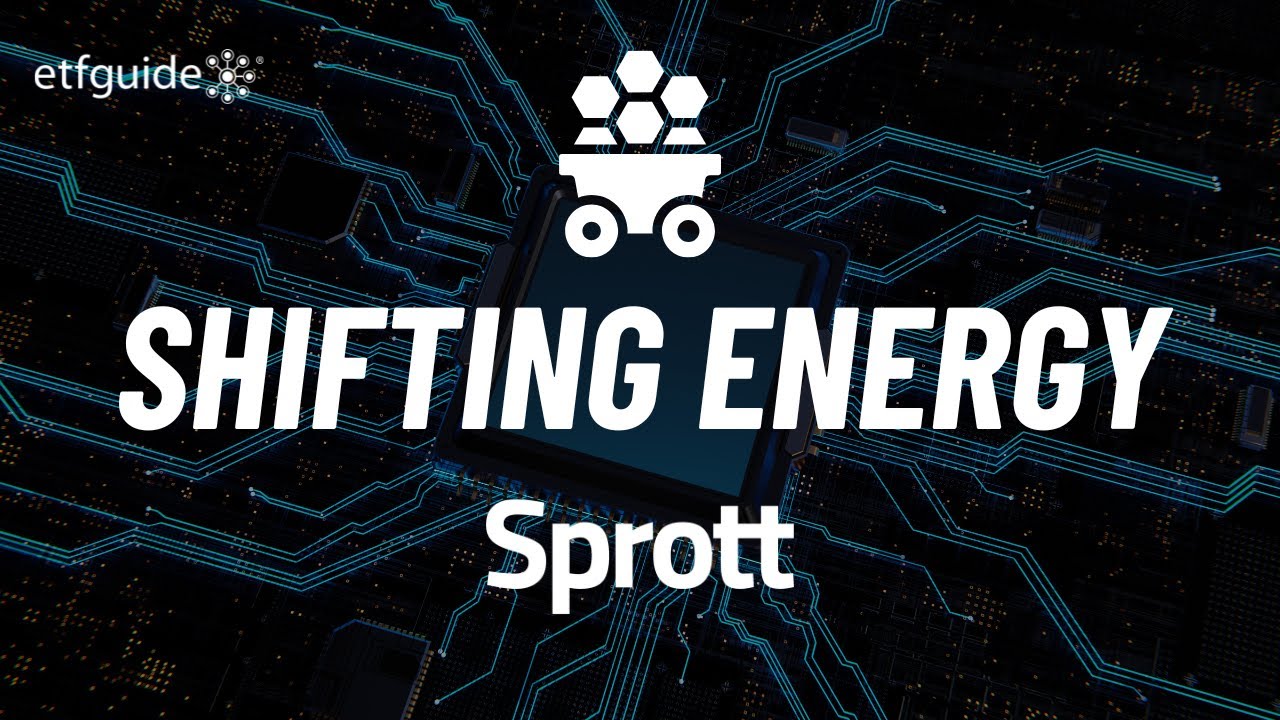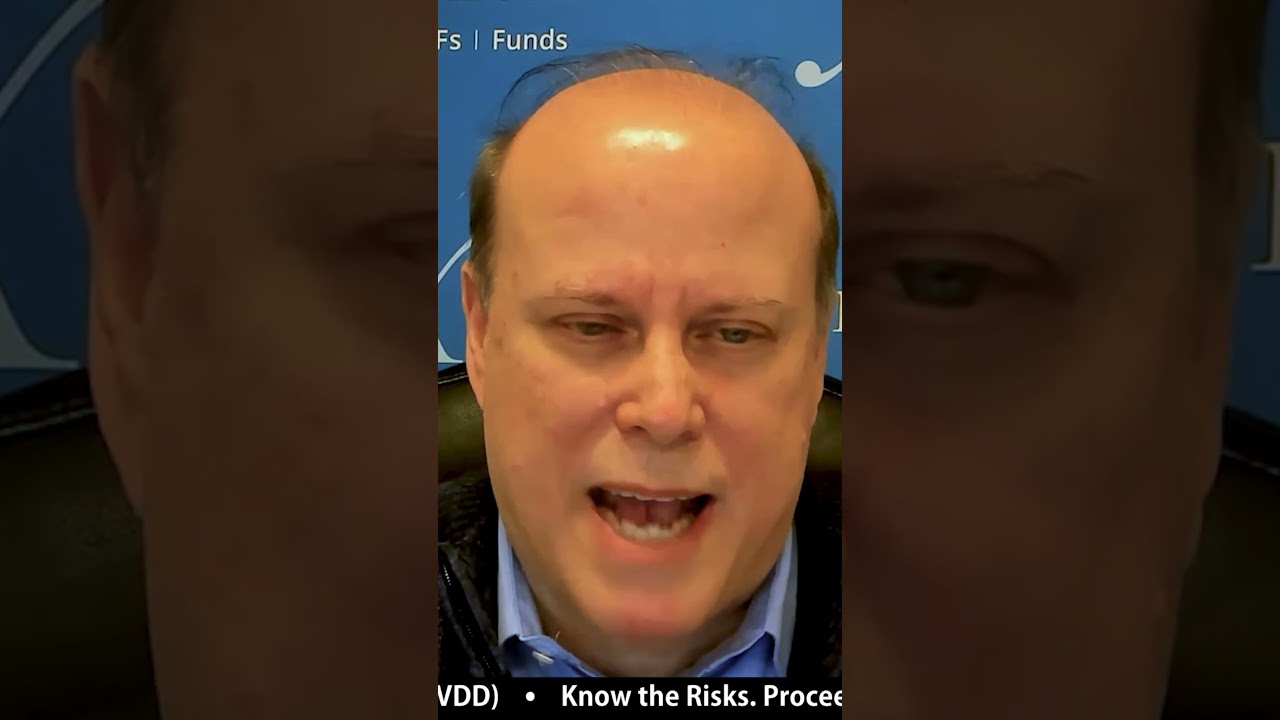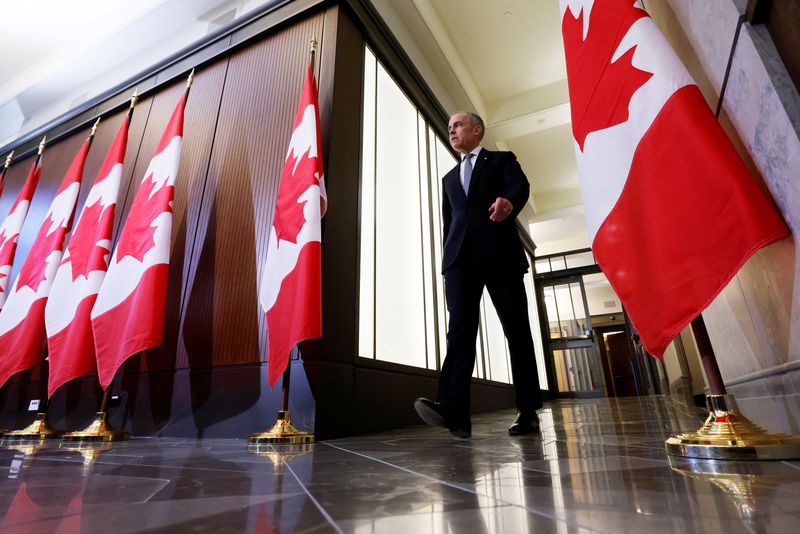Whitney Wolfe Herd is back as Bumble’s CEO, says she experienced complete ‘ego death,’ and is turning the dating app into the ‘Love Company’
Bumble's recently-returned founder envisions a "self-love" app that teaches you to love yourself before loving someone else.

For 14 months, Whitney Wolfe Herd was not Bumble’s CEO. The founder launched the dating app a decade ago, right after she turned 25, and although she flashily brought in new CEO Lidiane Jones in 2023 to herald the public company’s next era, she now says she was essentially burnt out by then. “I had been going for about 10 years straight,” she says. “I’d been in this long-term relationship with Bumble, and it was time for a break.”
Wolfe Herd instead served as the company’s board chair while it encountered a challenging market: Its share price nosedived—down more than 90% from its 2021 IPO high—Gen Z broke up with dating apps, and for the users who weren't lucky enough to find love, its app gained a reputation as, essentially, hellish. While Jones, a Microsoft alum and the former CEO of Slack under Salesforce, oversaw some core tech improvements, other changes during her tenure weren’t as well received. The ability for men to send the first message on the app, changing Bumble’s longtime “women make the first move” product feature, was in the works before Jones took over and received mixed reviews; there was also an ill-received ad campaign that some women felt shamed them for choosing celibacy.
Just over a year later, Jones has left, and Wolfe Herd is back as Bumble’s CEO. (She gave up her role as board chair, returning that job to former Pixar CFO Ann Mather.) And while she says it’s not a “juic[y] story,” the charismatic founder has nevertheless returned with her signature verve. She now describes Bumble as a “house of love” that, though it was “built with so much love and intent,” “has started to crack over the years.” In a wide-ranging conversation on her second day back on the job last week, Wolfe Herd outlined her vision for Bumble’s next era and what she learned during her time away.
‘Hurt people hurting people’
Wolfe Herd doesn’t mince words about many of the widely known problems with dating apps: “They are rooted in rejection and judgment,” she says. “You are judging people, and they are judging you. You’re being rejected, and you’re rejecting. These are not healthy dynamics.”
Bumble distinguished itself from other apps like Wolfe Herd’s former workplace, Tinder, through features that claimed to put women first. For that reason, for a while even when women were unhappy with the product, the brand still resonated with them. The company advocated against “cyberflashing,” or unsolicited dick pics, and banned users for body-shaming and ghosting. Wolfe Herd now says those measures weren’t enough. “For years … that was the answer—ban people for bad behavior. But that's not how you actually fix this thing,” she says. “You’re not going to ever survive as a business or an ecosystem by just policing and throwing people off.”
During her time away, Wolfe Herd says she was working on a “self-love” app—and now that she’s back at Bumble, she’s bringing those ideas there. “I had this epiphany that you’ve got a bunch of hurt people hurting people on these apps,” she says. Now she’s asking, “What would Bumble be if it was a product that brought people joy and satisfaction and built confidence and curiosity, not rejection and judgment?”
‘I’m overhauling this whole thing’
That’s a tall order for an app that is not currently known for sparking joy. Wolfe Herd says that “if Bumble from 2014 to 2024 was about ‘women make the first move,’ 2025 and beyond is ‘make the first move for yourself.’” For a founder who spent a decade extolling the value of meaningful connections, Wolfe Herd now has a new philosophy. “Life is not really about these relationships we have with other people,” she says. “The most important relationship of all is the one we have with ourselves.”
She wants to coach people to feel better about themselves via a “Duolingo-esque product,” and then find relationships—and she says it’s impossible to do the latter without the former. “My vision is that Bumble can be agnostic to just using it for this friend or that love,” she says. “You could use it for coaching, self-help, self-discovery, and you can also use it to meet people. It’s still going to facilitate dating, always. We have a huge audience that relies on us for dating—but we’re going to fix dating. We’re not just going to run another dating app. I’m overhauling this whole thing.”
Instead of building a dating profile that answers questions about your interest in pickleball and whether or not you want to get married, Wolfe Herd envisions Bumble asking its users—4.1 million of whom pay— “How do you communicate?” and “Why do you have issues with commitment?” While Bumble has been trying to fix its own business, other apps have launched with similar missions; the former CEO of Tinder, for example, launched Meeno, an AI relationship coach.
To be successful, Bumble will have to find a way to resonate with the other half of its user base: men. If women work on themselves via Bumble, and men don’t, Wolfe Herd’s vision won’t help anyone find relationships. “It’s a self-hatred issue. These men have such bad self-esteem,” she says of bad actors on the app. “They don’t feel worthy, they don’t feel deserving. They’re so insecure.”
Wolfe Herd declined to comment on whether Bumble will be able to do all of this while beholden to shareholder pressure as a $1.07-billion-in-revenue public company, or on whether she would take the company private. Bumble has been based in Austin, Texas, and the CEO says that will remain the case; but depending on impending leadership hires, it may open a Bay Area hub. Most of Bumble's C-suite has turned over since Wolfe Herd left; Jones brought in several execs who she had worked with at prior roles at Microsoft and Salesforce. Wolfe Herd says “some will stay, and some are not—and that’s business.”
Wolfe Herd said last week that she was rebranding Bumble’s parent company, Bumble Inc., as the “Love Company” to reflect its new mission. But a Bumble spokesperson followed up afterward to clarify that Bumble Inc. will remain the name of the parent (which also includes the apps Badoo and Geneva), while “the Love Company” will “be our motto and who we are.”
‘My ego was stripped away’
Wolfe Herd says her epiphanies came in part because of her decision to step down as CEO. “I had this ego death when I stepped down as CEO,” she says. Without as many speaking invitations and magazine covers, “I was alone with myself for the first time in so many years,” she says.
During that time, the founder says she “broke up with a few things”—namely, fear and the need for validation. “I was so scared of what my employees thought of me that I wouldn’t make the right choices. I didn’t want them to not like me. I didn’t want them to hate me. I didn’t want the journalists to not like me. I didn’t want someone to judge me. I was so swept up in this external validation that I would not follow my instincts on things, and it degraded me. It took everything out of me. Now I’m back with this fresh mindset—my ego was stripped away. It’s gone. I don’t care if people like me. I swear—a year ago, I cared. I do not care.”
That extends to Bumble’s business. “I don’t care what the stock price is right now,” she says. (It was $4.71 at market close Tuesday.) And while two CEO changes in less than a year is never easy for a business, Wolfe Herd says she’s “broken up with not enjoying my life.” “This should not be miserable,” she says. “This doesn’t have to be dreadful. We should have a great time while we build this.”
This story was originally featured on Fortune.com





